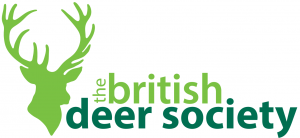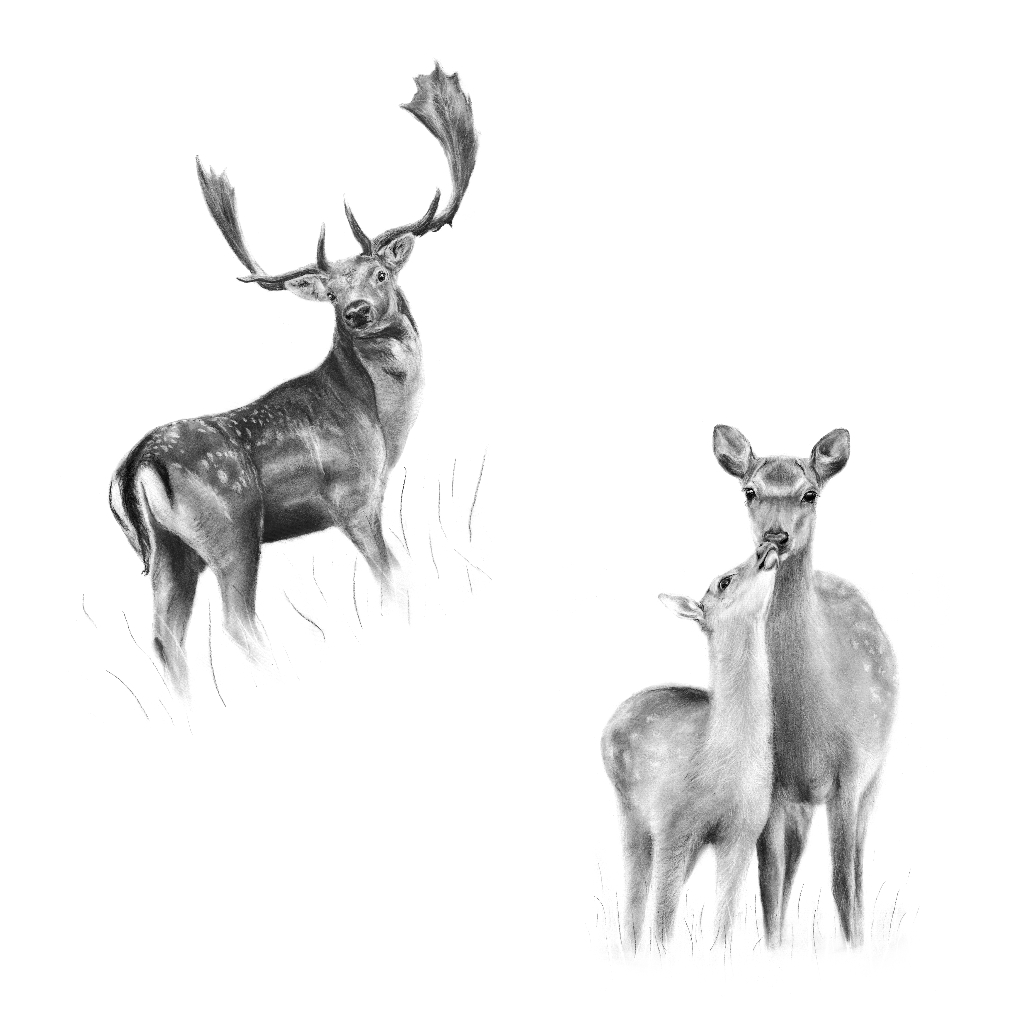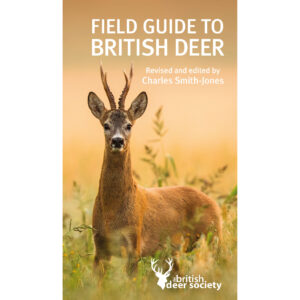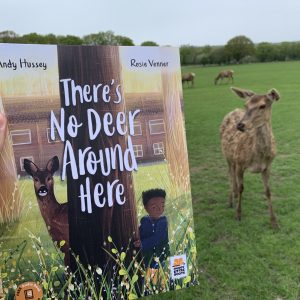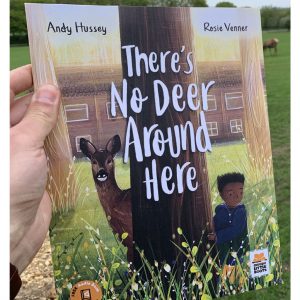ABOUT THE STUDY
Whitehead Trust Studentship – Menno de Jong
Most British deer have been impacted by population bottlenecks during introductions (or in the case of roe and fallow deer, reintroductions).
The implications for long-term survival and adaptation to local habitat are poorly understood, but theoretically selection is a weak force when population sizes are small.
At the same time, founder events are an important process in evolution, and founder groups evidently adapt to their new environment. This study will focus on understanding the relative importance of stochastic factors and natural selection for founder populations introduced to a new habitat.
In the UK there are several species that originated in quite distinct habitat in Asia (sika, muntjac and Chinese water deer) or were re-introduced from Europe (roe and fallow deer) and started as small founder groups in the UK. Next generation sequencing methods will be used to assess evidence for changes associated with both selection and genetic drift. The focus will be on two species – roe deer, building on earlier work* (funded by the Whitehead Trust) that identified population structure, the impact of local founder events, and the source of historical introductions, and reindeer introduced to the British overseas territory of South Georgia in the South Atlantic.
The latter case study will be included especially due to the excellent database available providing samples from the original population in Norway and the introduced population on South Georgia, and good historical data on the numbers introduced, the timing, and the demographics of the founder population since introduction.
It is expected that these studies will provide valuable transferable inference about the potential for deer species to adapt to local habitat in spite of small founder population size for all introduced species of deer in the UK. This information is relevant to the long-term survival and management of these species.
*This builds on Dr Karis Baker’s work in an importantly different direction: what are the consequences for individual and population development of moving a limited number of deer into deer-free environments? This has implications for pure evolutionary ecology and conservation management.
FURTHER READING
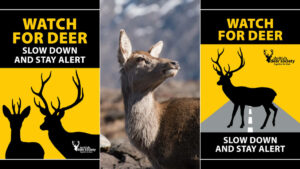
Skye DVC Project: Pioneering Safety for Deer and Drivers on Skye
The project aims to raise awareness, engage the community, collect data, build partnerships, and influence driver behaviour to improve safety for both deer and drivers. Read the full blog article to find out more and read Scott MacKenzie from Fearnan Eilean Iarmain estate comments on the project which highlights the importance of targeting driver behaviour and awareness.
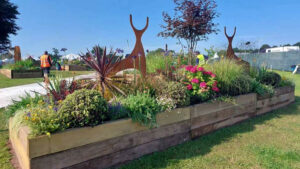
RHS Tatton Park Flower Show: A Golden Triumph
Discover how the BDS and talented garden designers Alice Meacham and Trudi Robson triumphed at the RHS Tatton Park Flower Show with their gold medal-winning “Deer O Deer” display. This innovative garden, blending stunning floral arrangements with thoughtful design and steel deer silhouettes, showcases how to create beautiful, deer-friendly spaces.
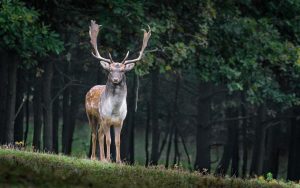
Apply Now for Funding to Cover the Costs of Your DSC1 and DSC2 Training (England only)
The Forestry and Arboriculture Training Fund is now open for new applications (England only).
Through this fund you may be eligible to receive funding to cover the costs of your DSC1 or DSC2 training with The British Deer Society (BDS). This is a fantastic opportunity for anyone hoping to enhance their competency and skills in deer management.
Funding for courses is limited and we would encourage you to apply now if interested.



